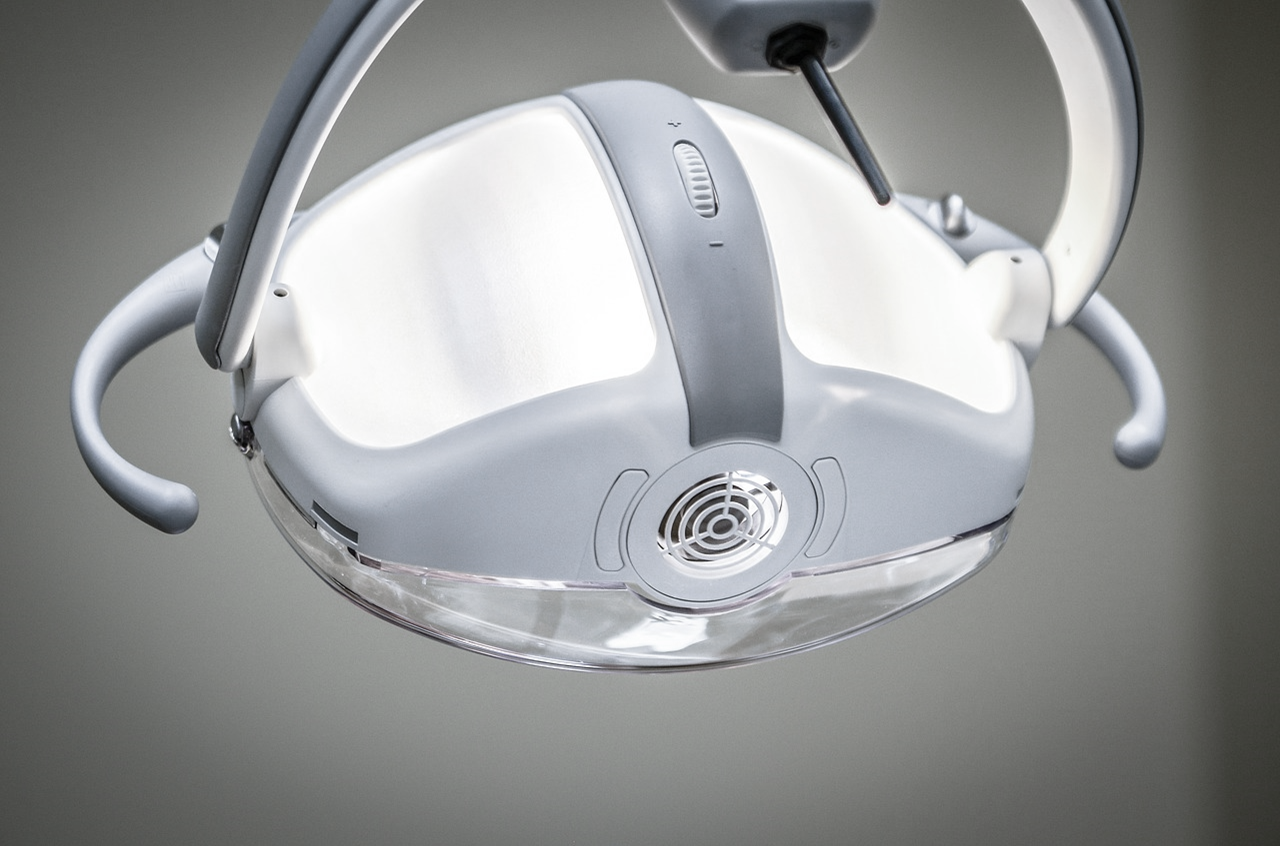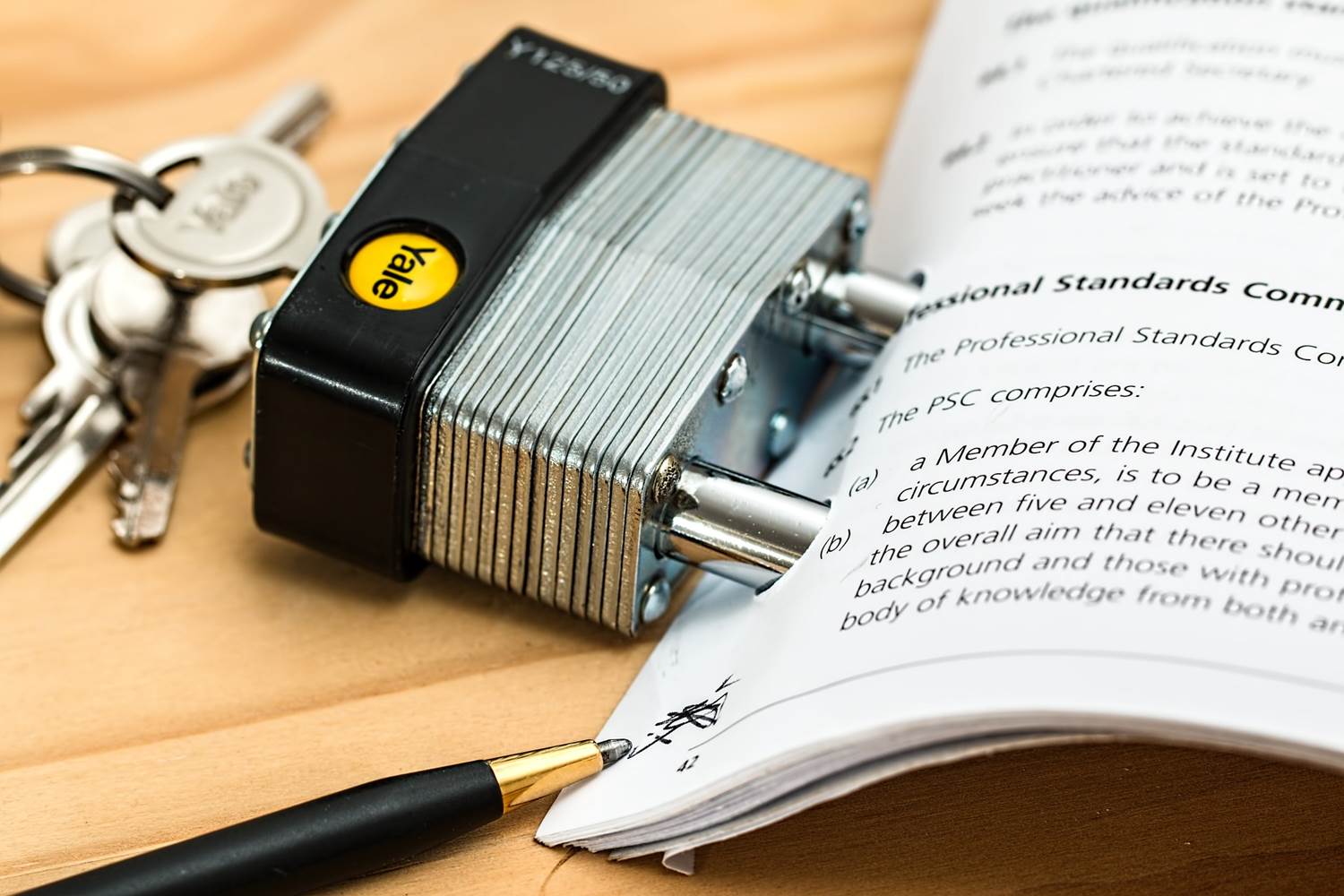
Vital Signs – A Primary Healthcare Blog: Legal Guidance Can Avert GP Property Crisis
Date: 05/06/2017 | Healthcare, Blogs
In the week that UK voters go to the polls, healthcare and the future of the NHS has again been a key issue on the campaign trail, although as a devolved matter, it is somewhat of an irrelevance to this election in Scotland.
The fact is that the NHS is always a hot political issue because maintaining a responsive and stable health service makes such an impact on the daily lives of people in communities across the country. Any threat to the quality and ability to access services must be a top priority for politicians of all persuasions.
Arguably, one of the biggest threats facing our NHS is the fall in the number of junior doctors wanting to specialise in general practice. This worrying trend is not only affecting rural communities but now, increasingly, it is also impacting on urban areas of Scotland.
One of the factors contributing to this decline is the financial burden imposed on many GP surgeries through their property lease agreements. This issue stems back to the mid-1980s when the Conservative government wanted to bring more private money into building new doctor’s surgeries. Instead of lending GPs money to build their own, they handed the responsibility for developing new premises to the private sector which would finance the new building then lease it back to GPs, a model which acted as a precursor to the Private Finance Initiative (PFI).
Thirty years on, these initial leases are now coming to an end, with many GP practices facing restoration bills (known as dilapidations) amounting to as much as half a million pounds. With many of the GPs who signed these agreements now retired, the responsibility for these costs often falls on the younger partners in a practice. It’s unsurprising that few newly qualified doctors now want to take on such a burden and, as a result, we are seeing a decline in those wanting to pursue a career as a GP. Who can blame them, being faced with such a major commitment at the very start of their career, which comes with the real prospect of an almighty and rather costly legal argument further down the road?
In 2002 the General Practice Finance Corporation, which presided over GP leasing arrangements, was privatised and sold to Norwich Union. As a result, numerous surgeries are now owned by a handful of private property investors. While many of these companies have been very accommodating to find solutions for GP tenants, they’re not about to write off bills totalling hundreds of thousands of pounds.
Of the circa 200 practices that our firm represents in Scotland, most are facing a challenge over recruitment and property is usually one of the issues behind this.
Several practices have leases coming to an end now, requiring political intervention to prevent more GPs from going out of business. One solution north of the border is for the Scottish Government to simply take responsibility for all of these leases and effectively release doctors from their financial obligations. That would certainly deal with the problem but whether it would be deemed as a fair use of public money is for the politicians to decide. What is clear is that doing nothing is not an option if we want to sustain our current level of healthcare services.
GPs talents lie in helping make others better when they are in poor health. They are not businesspeople or property experts and should not be expected to have the required skills and expertise in negotiating what can be highly complex terms within lease agreements.
This is where legal advisers can play an important role, by helping the individuals who make up a community’s GP practice steer clear of the potential acrimony that can accompany such an agreement. A specialist lawyer can help the partners of GP practices better understand their obligations, advising them on the prudent measures they can put in place to protect them from onerous future liabilities. The aim here is to put in place a long term strategy that can mitigate costs and ensure that those expenses which are incurred are shared fairly across the practice.
Along with the support of legal professionals, politicians also have an important role to play in addressing this issue. Access to GP services is vital for the long term sustainability of many communities and therefore addressing any threat which puts that at risk must surely be in the public interest. And who knows, it may even be a vote winner.
This article first appeared in The Scotsman on 5th June 2017






















































